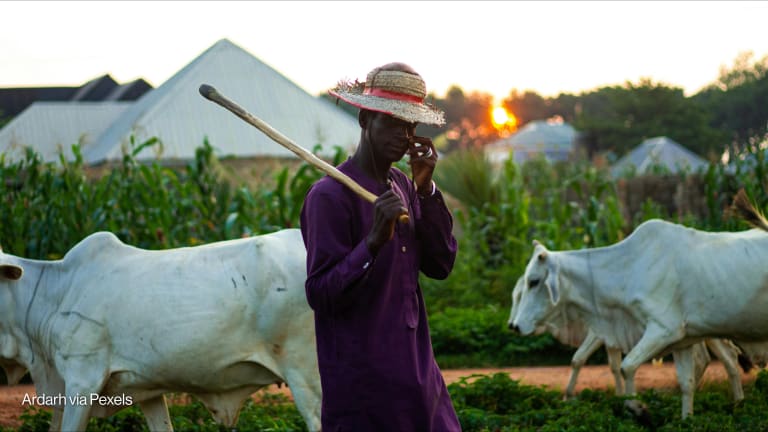I’m writing this from the COP 28 climate change summit in Dubai. Given that this is also my seventh annual COP, some might think I enjoy attending these annual summits.
Actually, I hate them.
For me, they encapsulate all that is wrong with our efforts to combat climate change: Tens of thousands of people flying in from around the world to talk about saving the planet; big words from leaders keen to show how much they care; but little in the way of real action.
Printing articles to share with others is a breach of our terms and conditions and copyright policy. Please use the sharing options on the left side of the article. Devex Pro members may share up to 10 articles per month using the Pro share tool ( ).








